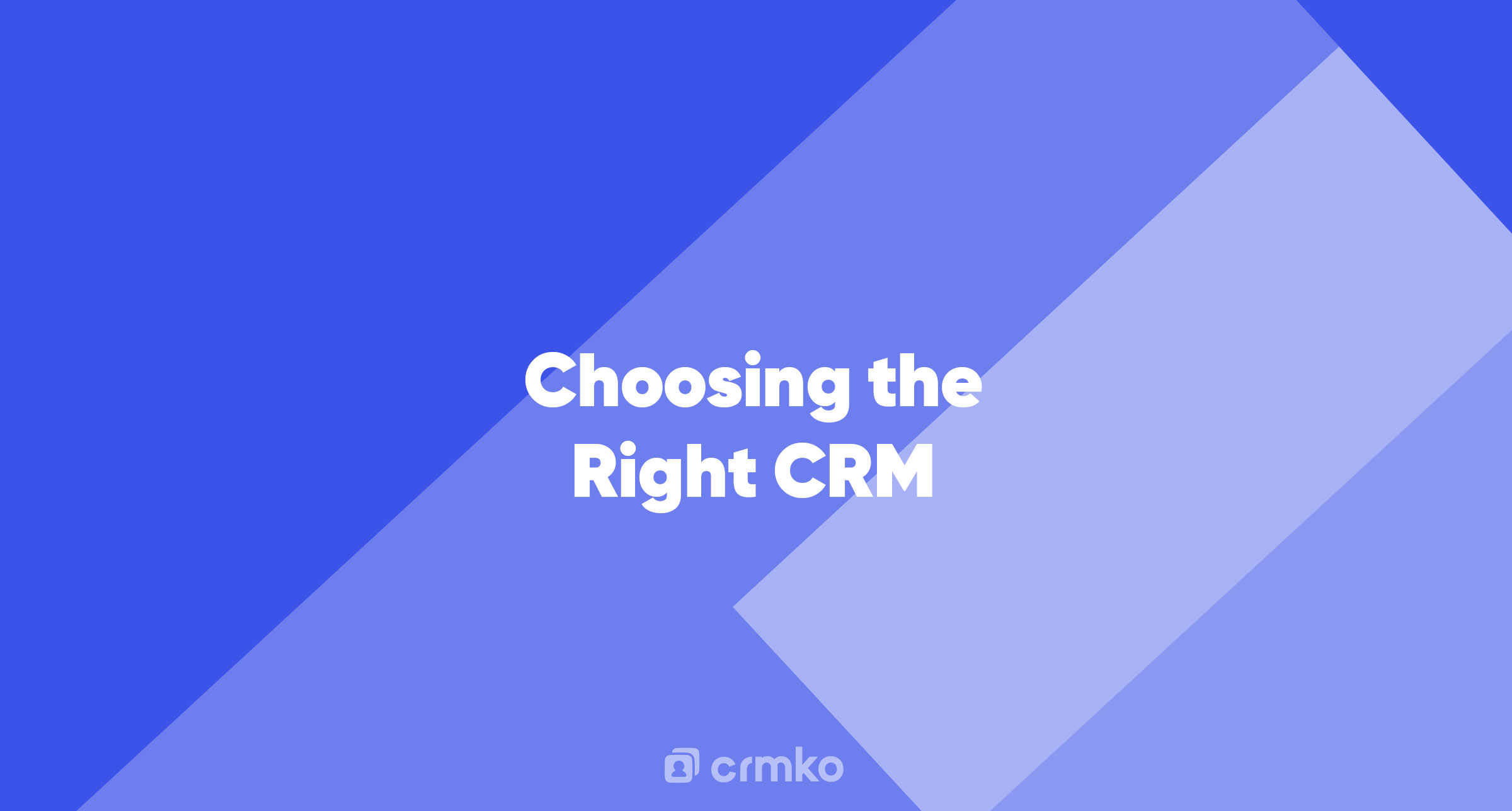Have you ever wondered how top-tier businesses manage to keep track of thousands of customers, their preferences, and interactions, all while delivering personalized experiences? The secret often lies in their choice of a Customer Relationship Management (CRM) system. But with a plethora of options available in the market, how do you choose the one that's just right for your business?
1. Understanding the Importance of a CRM
A CRM, or Customer Relationship Management system, is more than just a tool; it's the backbone of many successful businesses. At its core, a CRM is designed to manage and analyze customer interactions throughout the customer lifecycle. This ensures improved business relationships, aids in customer retention, and drives sales growth.
The pivotal role of a CRM extends across various departments:
- Sales: It streamlines the sales process, tracks potential leads, and ensures that no opportunity is missed.
- Marketing: A CRM can segment customers based on behavior and preferences, allowing for targeted marketing campaigns.
- Customer Service: By having a consolidated view of customer interactions, service representatives can address concerns more efficiently and provide a consistent experience.
2. Assessing Your Business Needs
Before diving into the vast ocean of CRM options, it's crucial to first anchor down your specific business requirements. Start by listing down the challenges you currently face in managing customer relationships. Are you looking to improve lead conversion? Or perhaps you want a better system for email marketing?
Once you've identified your challenges, categorize them into 'must-have' and 'nice-to-have' features. For instance, a small business might consider email marketing integration as a 'must-have', while a chatbot feature might be a 'nice-to-have'. This distinction ensures that you prioritize essential features over those that are merely desirable but not crucial.
3. Integration with Existing Systems
One of the most overlooked aspects when choosing a CRM is how well it integrates with the tools and software your business already uses. A CRM that doesn't play well with your existing systems can lead to inefficiencies, data silos, and increased operational costs.
- Seamless Integration: The ideal CRM should easily connect with tools like email platforms, accounting software, and e-commerce systems. This ensures a smooth flow of data across platforms, enabling a holistic view of customer interactions.
- APIs and Third-party Integrations: Modern CRMs often come with APIs (Application Programming Interfaces) that allow for custom integrations. This is especially useful if you use niche or specialized tools. Additionally, check if the CRM has a marketplace or library of third-party apps and integrations that can be plugged in as needed.
4. Scalability and Flexibility
As your business grows, so will your CRM needs. Investing in a system that can't scale with your growth can lead to unnecessary migrations later on, which can be both time-consuming and costly.
- Growth Compatibility: Ensure that the CRM you choose can handle an increase in data volume and user count. Some CRMs offer tiered plans that allow you to upscale or downscale based on your needs.
- Customization Options: Every business is unique, and so are its processes. A flexible CRM allows you to customize workflows, fields, and modules to fit your specific operational style. This adaptability ensures that the CRM remains a valuable tool, even as your business evolves.
5. User Experience and Training
A CRM's functionality is only as good as its usability. If your team finds it cumbersome or non-intuitive, they're less likely to use it to its full potential, negating any benefits it might offer.
- Intuitive Interface: A well-designed user interface can significantly reduce the learning curve. Look for a CRM that offers a clean, organized dashboard, clear navigation, and user-friendly features.
- Training and Onboarding: Even with the most intuitive CRM, there's bound to be a period of adjustment. Opt for a CRM provider that offers comprehensive training resources, be it in the form of webinars, tutorials, or one-on-one sessions. This ensures that your team can hit the ground running and make the most of the system from day one.
6. Security and Data Protection
In an age where data breaches are all too common, ensuring the safety of your customer data is paramount. A CRM holds a wealth of sensitive information, making it a potential target for cyberattacks.
- Robust Security Measures: Investigate the security protocols the CRM provider has in place. This includes data encryption, two-factor authentication, and regular security audits.
- Compliance with Regulations: Depending on your region and industry, there might be specific data protection regulations you need to adhere to, such as GDPR in Europe. Ensure that the CRM is compliant with these regulations to avoid potential legal complications.
7. Budget and ROI
While it's essential to invest in a CRM that meets all your business needs, it's equally crucial to ensure that the investment is financially sound.
- Cost Analysis: Begin by understanding the total cost of ownership. This includes not just the subscription or purchase price but also any additional costs like training, customization, and potential future upgrades. Some CRMs might have hidden fees or charges that can add up over time.
- Measuring Return on Investment (ROI): A CRM should ideally pay for itself by streamlining processes, improving customer relationships, and driving sales. To gauge this, set clear metrics and KPIs (Key Performance Indicators) to measure the CRM's effectiveness. This could be in the form of increased sales conversions, improved customer retention rates, or reduced time spent on administrative tasks. Regularly reviewing these metrics will give you a clear picture of the value the CRM is bringing to your business.
Conclusion
In the ever-evolving landscape of business, the right CRM can be the linchpin that holds your customer relations together. By considering the aforementioned points, you can make an informed decision that not only meets your current needs but also anticipates future challenges. Remember, the best CRM for your business is one that aligns with your goals, integrates seamlessly with your operations, and ultimately drives growth.
